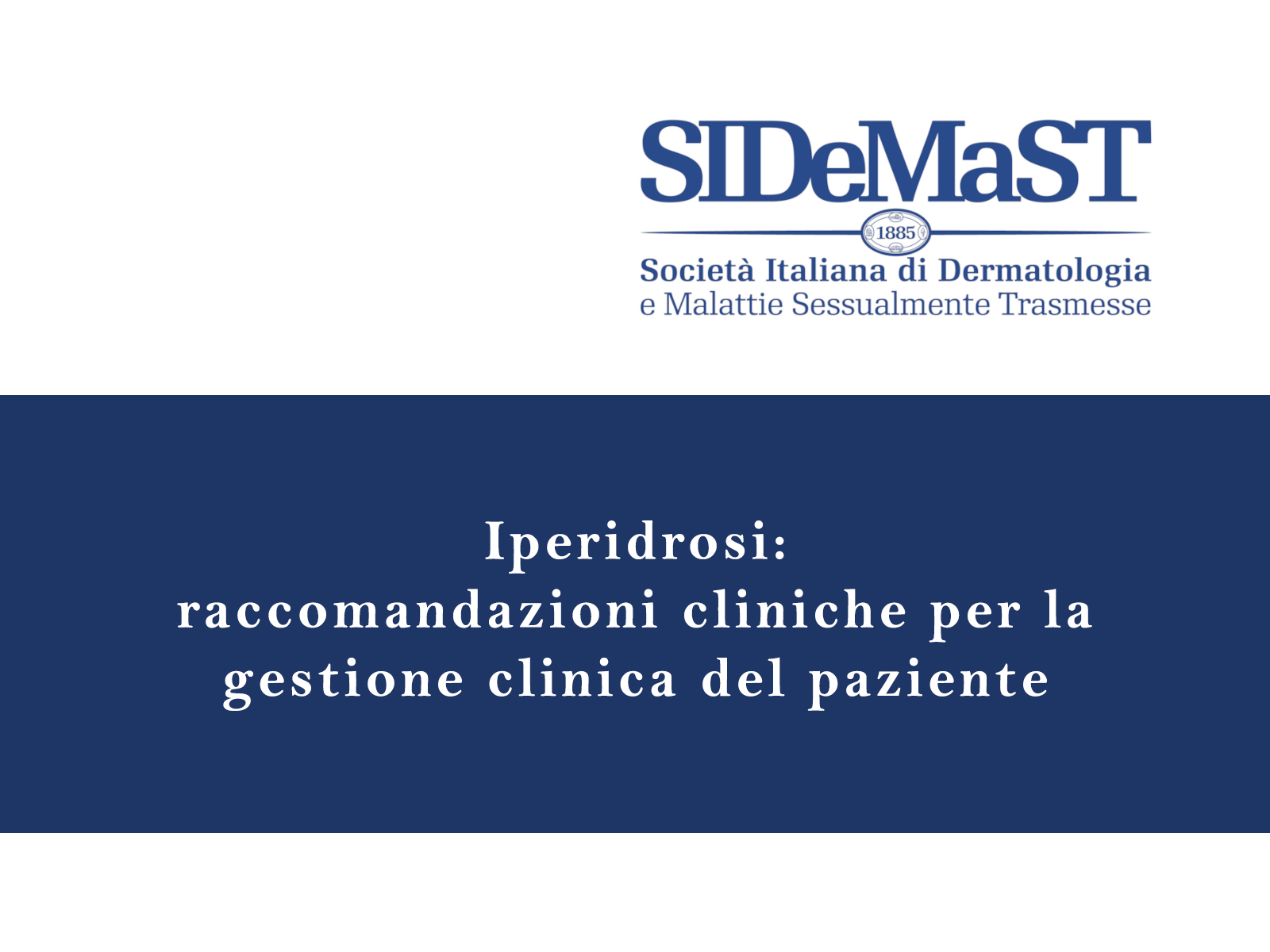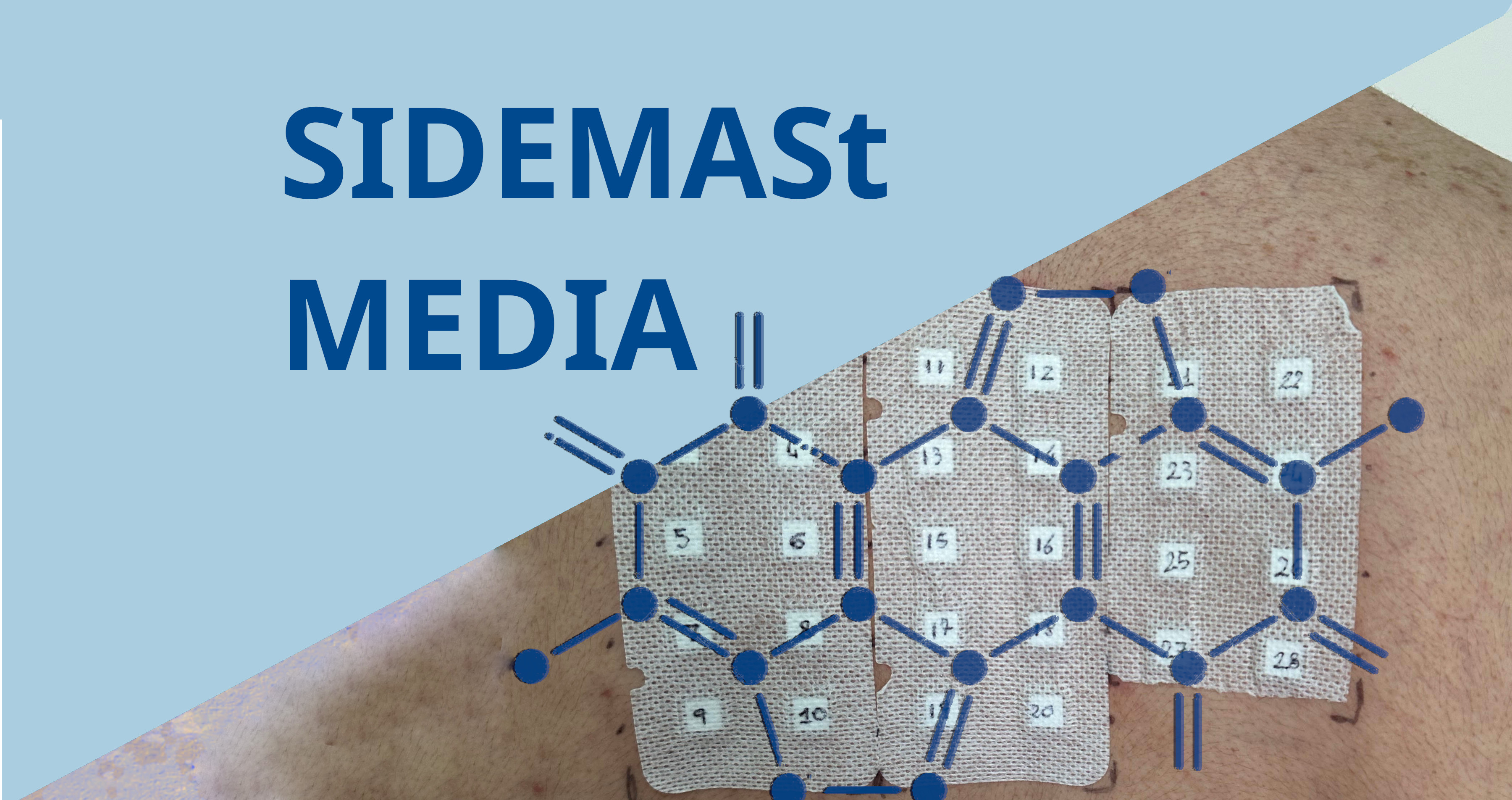The US Food and Drug Administration (FDA) today approved nivolumab (Opdivo) for the treatment of patients with unresectable or metastatic melanoma who no longer respond to other drugs.
Nivolumab works by inhibiting the PD-1 protein on cells, which blocks the body's immune system from attacking melanoma tumours. Nivolumab is intended for patients who have been previously treated with ipilimumab and for patients whose tumours express the BRAF V600 gene mutation.
The FDA granted nivolumab breakthrough therapy designation, priority review and orphan product designation because the sponsor demonstrated through preliminary clinical evidence that the drug may offer a substantial improvement over available therapies; the drug had the potential, at the time of the application was submitted, to be a significant improvement in safety or effectiveness in the treatment of a serious condition; and the drug is intended to treat a rare disease, respectively.
Nivolumab is being approved under the FDA's accelerated approval program, which allows approval of a drug to treat a serious or life-threatening disease based on clinical data showing the drug has an effect on a surrogate endpoint reasonably likely to predict clinical benefit to patients. This program provides earlier patient access to promising new drugs while the company conducts additional clinical trials to confirm the drug's benefit.
The efficacy of nivolumab was demonstrated in 120 clinical trial participants with unresectable or metastatic melanoma. Results showed that 32% of participants receiving nivolumab had an objective response rate. This effect lasted for more than 6 months in approximately one-third of the participants who experienced tumour shrinkage.
The safety of nivolumab was evaluated in the overall trial population of 268 participants treated with nivolumab and 102 participants treated with chemotherapy. The most common side effects of the drug were rash, itching, cough, upper respiratory tract infections, and oedema. The most serious side effects were severe immune-mediated side effects involving healthy organs, including the lung, colon, liver, kidneys, and hormone-producing glands.









